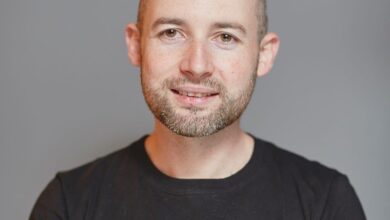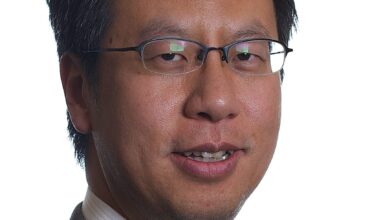COVID-19 has Pushed us to Try New Methods of Imparting Education and Catering to Students
As schools are set to reopen, DubaiDiaries talks to Ramesh Mudgal, Principal of Global Indian International School in Dubai in an exclusive interview about their reopening strategies post lockdown
DD: What is your institution doing to ensure social distancing of students – do you have a smaller numbers in each classroom?
RM: We have large classrooms where a seating plan keeping social distancing in mind can be devised and practiced easily. Moreover, we are introducing a blended learning curriculum where students who choose to learn from home will not be missing out on any offline lectures that will be conducted in the classrooms. The actual offline classes being held will be web cast for stay at home students so that they don’t miss out on anything that’s being taught offline and the entire class can move together at the same pace. In addition to this, GIIS is strictly adhering to the guidelines defined by KHDA on travel and transit for school children and staff.
DD: What is your institution doing to ease the economic burden on parents – many of them are either jobless or have had to take a pay cut?
RM: Keeping in mind the disruption that has been caused by this pandemic and its effects on parents who have had to take a pay cut or have lost their jobs, GIIS has introduced a Resilience Scholarship program to help them out with their wards’ school fees in these tough times. We understand that there has been a financial crunch in a number of households and we want to reduce its effect on the education of GIIS students belonging to them. To discourage parents from disrupting their children’s quality of education and in an effort to ease their burden, we are providing a fee waiver of up to 35% on tuition fee for all our students whose parents who have either lost their jobs or have had to take pay-cuts.
DD: Have you witnessed a drop or increase in the number of new student enrollments? If yes, what according to you, is the reason?
RM: No, we have not seen any drop in the number of new enrolments. In fact, we have seen a slight increase in the number new enrolments as more and more parents are looking to provide high quality education to their children at a lower fee point. Considering the scholarship that we have in place for parents whose income has been affected by the current crisis, our already lucrative fee structure has come down even further. This makes our integrated 9 gems curriculum and holistic learning facilities even more accessible to parents in the region.
DD: How do you see the future of education in a COVID-19 era and post COVID-19?
RM: The entire education landscape is undergoing a shift during this pandemic and as we move towards blended learning, we think the post-pandemic scenario is going to be both interesting and challenging. COVID-19 has allowed and pushed us to try new methods of imparting education and catering to students’ needs in their homes. We have been able to use and integrate technology into our schooling methods efficiently and we look forward to harnessing these new techniques further to augment the quality of blended learning that we are now moving towards. At the same time, we also feel that the future of education will also be quite challenging as academic institutions as well as students are undergoing a big change as the teaching and learning practices needed to be changed in a very short span of time when this crisis hit us. There is huge need and concern regarding the exponentially increased screen time for students and we as a school need to strike the right balance between screen time and course completion.
DD: Is your institution geared up for the changes that COVID-19 has brought about?
RM: Yes, we have a plan in place to ease students back to school after the sudden disruption that caused to adapt to learning from home. We are now fully prepared to resume classes from the new academic year in a carefully designed manner adapted in accordance with post-pandemic precautions and lifestyle requirements. We have successfully managed imparting classes remotely during the first term and are all set for the second term now.
DD: We would also like to know what your institution did during the lockdown to ensure students continued to learn – was there any kind of innovative approach to this?
RM: This period of pandemic-induced lockdown has been a remarkable learning curve for the teachers, students, and their parents with many of them having to acclimate to and familiarize with an absolutely unconventional method of lesson delivery in such a brief course of time. We quickly moved to the online classroom, where core subjects were taught during the day and we had time allotted for co-curricular activities during the 2nd half. We did not want to disrupt our 9 Gems model of holistic education by doing away with the very important co-curricular activities simply for the sake of convenience. Similarly, we tried not conduct some of STEM and innovation-centric workshops that we usually offer during the summer vacations. We organized special virtual classes on Coding, AI, Innovation, Robotics and Arithmetic during the summer break to keep our students as unaffected as possible in terms of education and learning.




